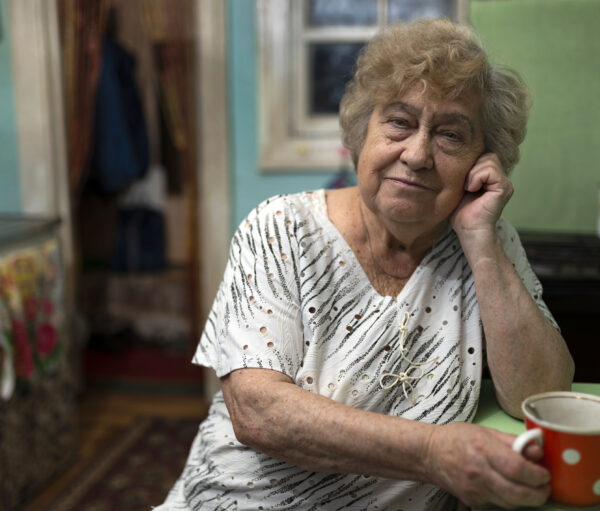10 Warning Signs That Your Loved One Might Need Help

As our loved ones age, it’s natural for us to worry about their well-being and independence. While they may strive to maintain their autonomy, certain signs may indicate they need assistance to ensure their safety and quality of life. Recognizing these signs early can help you provide the support and care they need. Here are 10 warning signs to watch out for:
Changes in personal hygiene: Pay attention to any significant changes in your loved one’s hygiene habits. Neglecting personal grooming, wearing dirty clothes, or having body odor could indicate difficulties with self-care.
Unexplained bruises or injuries: Keep an eye out for unexplained bruises, cuts, or injuries. These could be signs of falls or accidents that your loved one may be hesitant to discuss.
Forgetfulness and memory loss: Occasional forgetfulness is normal, but forgetting important appointments or repeating questions may signal cognitive decline or dementia.
Unpaid bills and financial issues: Check for unpaid bills, notices of overdue payments, or unopened mail. Difficulty managing finances, unusual spending habits, or instances of financial exploitation could indicate a need for assistance with money management.
Changes in mood or behavior: Significant changes in mood or behavior, such as increased irritability, withdrawal from social activities, or signs of depression could be indicative of underlying physical or emotional issues.
Decline in physical mobility: Observe changes in your loved one’s ability to move around independently. Difficulty walking, an unsteady gait, or reluctance to leave the house may suggest mobility issues or fear of falling. Fear of falling can itself lead to worsening health outcomes, as activity is an important part of overall health.
Spoiled food in the refrigerator: Check the refrigerator for spoiled or expired food items. An inability to regularly shop for groceries or forgetting to eat may signal challenges with meal preparation or nutrition.
Neglected household maintenance: Look for signs of neglected household maintenance, such as clutter, piles of unopened mail, or a lack of cleanliness. Difficulty managing household tasks may indicate a decline in physical or cognitive abilities.
Isolation and withdrawal: Take note if your loved one becomes increasingly isolated or withdrawn from social interactions. Avoidance of friends, family gatherings, or favorite activities could signify feelings of loneliness or depression.
Medication mismanagement: Monitor medication adherence and look for signs of medication mismanagement, such as missed doses, confusion about dosage instructions, or expired medications. Poor medication management can have serious consequences for health and safety.
If you notice any of these warning signs in your loved one, it’s important to approach the situation with compassion and empathy. Initiate open and honest conversations about your concerns and offer your support in finding solutions. Depending on the specific needs and challenges your loved one faces, you may explore options such as hiring in-home care services, arranging for regular check-ins from family members or caregivers, or considering assisted living or long-term care facilities.
Remember, prioritizing your loved one’s well-being involves recognizing when they may need help and taking proactive steps to ensure they receive the care and support they deserve. By staying vigilant and responsive to their evolving needs, you can help your loved one maintain their dignity, independence, and quality of life as they age.
This information is not intended to replace the advice of your healthcare provider.
Source: IlluminAge


